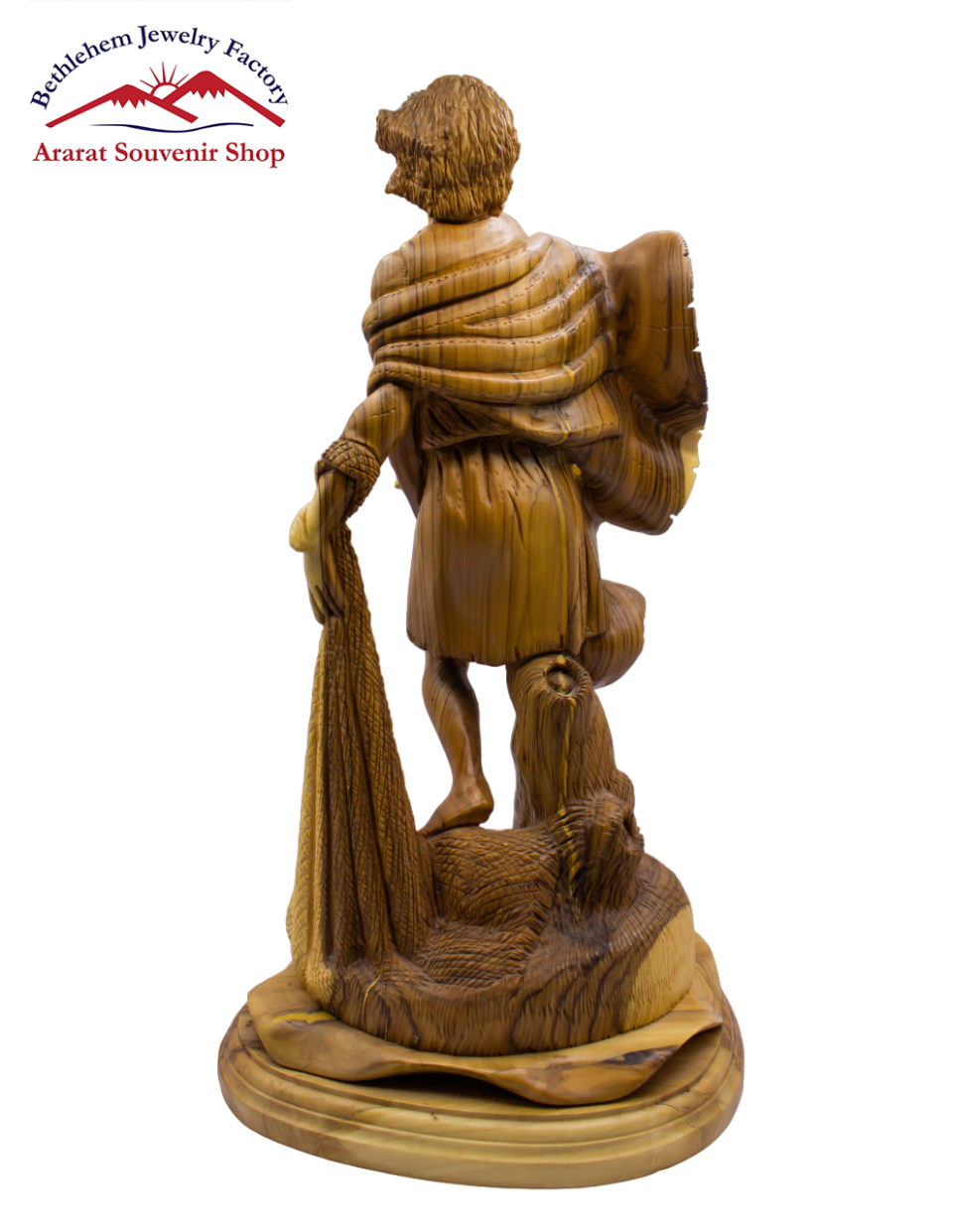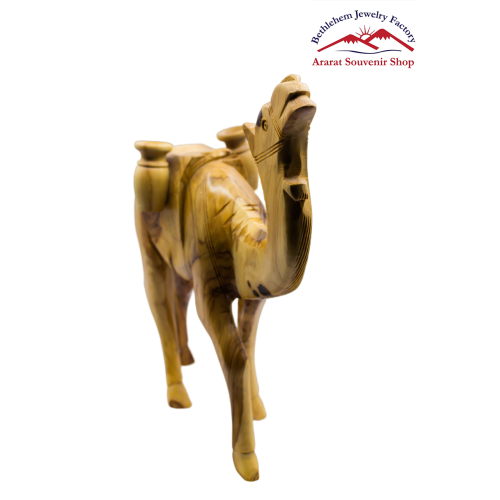Fisherman
The life of a fisherman is often romanticized, evoking images of serene waters, the rhythmic pull of a fishing line, and the profound connection between human beings and nature. Fishermen embody a timeless tradition that spans cultures and continents, bringing not only sustenance but also a sense of adventure, solitude, and community. The vocation is as varied as the waters they inhabit, encompassing everything from small-scale, artisanal fishing to large commercial operations, each with its distinct practices and challenges.
At the heart of a fisherman’s experience is the deep-rooted relationship with the natural world. Whether casting lines from a gently rocking boat in the open sea or wading through a quiet river, the act of fishing provides an opportunity for reflection and connection. For many, fishing is not merely a means to catch fish but an emotional journey that fosters a sense of peace and clarity. The gentle sounds of water lapping against the shore and the calls of birds overhead create a harmonious backdrop that allows fishermen to escape from the hustle and bustle of modern life. This calmness has led countless individuals to view fishing as a form of therapy, providing mental and emotional relief in a fast-paced world.
Fishermen often rely on a wealth of knowledge passed down through generations, incorporating traditional techniques that have stood the test of time. From the use of specific baits suited to particular fish species to understanding the tides and seasons, the experiential wisdom of seasoned fishermen is invaluable. This traditional knowledge is sometimes complemented by modern technology, such as sonar and GPS, which can make fishing more efficient. However, the balance between tradition and innovation is crucial; over-reliance on technology risks undermining the skills and practices that have sustained fishing communities for centuries.
Sustainability is a significant concern in the world of fishing today. Overfishing, pollution, and environmental changes threaten the delicate ecosystems that support marine life. Fishermen are increasingly aware of their impact on these ecosystems and the importance of ethical practices. Many have embraced sustainable fishing methods, such as catch-and-release, using nets that minimize bycatch—a practice that harms other marine species. Organizations dedicated to marine conservation work alongside fishermen to promote practices that not only protect fish populations but also ensure the long-term viability of fishing as a livelihood.
Community plays an integral role in the life of a fisherman. For many, it is a way of life that fosters close-knit relationships and a shared culture. Fishing communities often come together to celebrate their traditions, sharing stories, techniques, and even resources. Local fish markets, festivals, and competitions embody this sense of belonging, creating an atmosphere that honors the shared challenges and triumphs of fishing. Through these communal interactions, fishermen celebrate their cultural heritage while also passing on their skills to future generations, ensuring that the craft continues to thrive.
Moreover, there exists a fascinating interplay between fishing and gastronomy. The relationship between fishermen and chefs is symbiotic; fishermen provide the fresh catch that chefs creatively transform into culinary masterpieces. Many chefs emphasize using local and seasonal ingredients, working directly with fishermen to source sustainable seafood. This practice not only supports local economies but fosters an appreciation for the origins of food. Restaurants featuring menus that change with the seasons based on fresh catch highlight the connection between land, sea, and table.
In the broader economy, fishing contributes significantly to job creation and food supply around the world. It is estimated that millions of people rely directly on fishing for their livelihoods, with many more sustaining their families in related industries such as processing, distribution, and retail. Coastal towns often see their economies buoyed by the fishing industry, with vibrant markets, festivals, and tourism centered around local fishing traditions.
However, the life of a fisherman is not without its challenges. Fishermen face harsh weather conditions, market fluctuations, and regulatory constraints that can impact their income and livelihoods. Licensing requirements, fishing quotas, and environmental regulations are essential for the sustainability of marine environments, yet they can pose significant hurdles for local fishers. Advocacy for fair policies that consider the challenges faced by fishermen while balancing environmental concerns is crucial in ensuring the viability of this profession.
In conclusion, the life of a fisherman is rich with tradition, community, and a deep connection to nature. It is a vocation that embodies the delicate balance between survival and sustainability, culture and commerce. Fishermen, with their wealth of knowledge, skill, and resilience, continue to navigate the challenges of their craft while forging a profound bond with the waters they inhabit. Through their stories, traditions, and commitment to responsible practices, they inspire not only an appreciation for the art of fishing but also a deeper respect for the ecosystems that support this age-old way of life. As we celebrate the dedication of fishermen worldwide, we acknowledge their vital role in sustaining our oceans, enriching our culinary experiences, and preserving the cultural heritage of communities around the globe.












Reviews
There are no reviews yet.